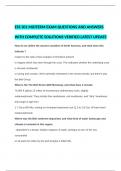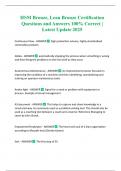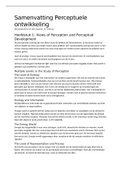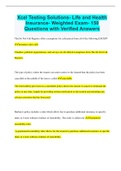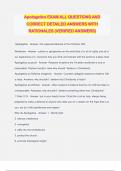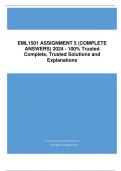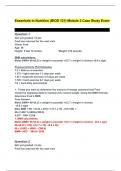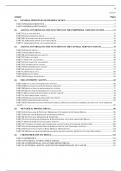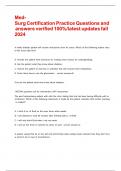Exam (elaborations)
ESS 301 MIDTERM EXAM QUESTIONS AND ANSWERS WITH COMPLETE SOLUTIONS VERIFIED LATEST UPDATE
- Course
- Institution
ESS 301 MIDTERM EXAM QUESTIONS AND ANSWERS WITH COMPLETE SOLUTIONS VERIFIED LATEST UPDATE How do we define the ancient coastline of North America, and what does this indicate ? respect to the ratio of two isotopes of strontium present in magma which has risen through the crust. This indicates wh...
[Show more]
